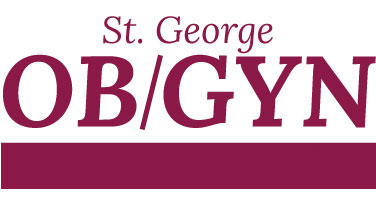Every woman should see a gynecologist to help promote good health. It is recommended to schedule your first visit between the ages of 13-15, or when a woman becomes sexually active. Your body will be changing throughout the many stages of your life and annual visits can have a monumental impact on your overall health in the future.
Women’s Health & Gynecology

Overall Physical Health
Women around 13-15 should start to see their OB/GYN yearly. Even if you feel normal, some underlying issues are impossible to detect unless you are seen by a doctor. A quick visit could have an enormous effect on your health.
Pelvic Exam
All women 21 and over should receive a yearly pelvic exam – especially women with menstruation issues and/or pelvic discomfort. Pelvic exams may be annoying but they are imperative to help ensure a woman’s overall health.
Pap Smear
Women 21 years and older should get a yearly pap smear. This simple procedure can help take any steps needed to prevent serious issues from occurring later and is just as important as a breast examination.
Birth Control
Women who are sexually active and are not planning on conceiving should see a physician for birth control and family planning advice. There are dozens and dozens of types of birth control. We have the experience and expertise to help you make an educated decision about which birth control is right for you. We also follow-up to help ensure the choice made is the best option for your lifestyle.
Breast Examinations
For women aged 20–40, breast examinations are recommended every 1-3 years. For women over 40, yearly breast examinations are recommended. However, if your family has a history of cancer, it is recommended to have yearly checks at an even younger age.
Menopause & Hormone Replacement Therapy
When your periods stop, your hormone levels decrease which can cause some extremely uncomfortable conditions such as vaginal dryness, hot flashes, and even osteoporosis. Hormone Replacement Therapy (HRT) uses female hormones (progesterone and estrogen) to treat these common symptoms of menopause and aging.
Incontinence
Urinary incontinence is the loss of bladder control. This can range from a few drops of urine when sneezing, coughing, or laughing – to a sudden urge to urinate and being unable get to a bathroom in time. For most patients, some simple lifestyle changes or medical treatment can ease discomfort and/or stop urinary incontinence.
Polycystic Ovary Syndrome Screening
(PCOS) is an endocrine disorder that affects about 10% of women. Common symptoms include irregular cycles, dark hair growth on the face and body, weight gain, acne, darkening of the skin in underarms and groin, and infertility. This also increases a woman’s risk of heart disease and certain cancers.
Lisa is passionate about PCOS and advocates awareness and early intervention. She has published a book to help women better understand this disease. Her book can be purchased here.
Heavy Periods
If you are post menopausal and are experiencing heavy periods watch this video.

